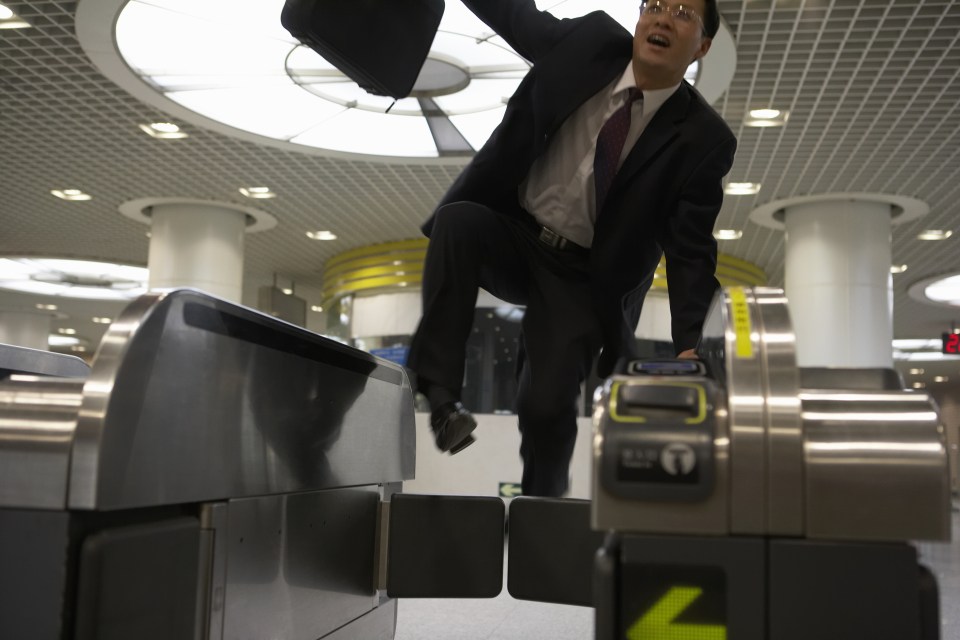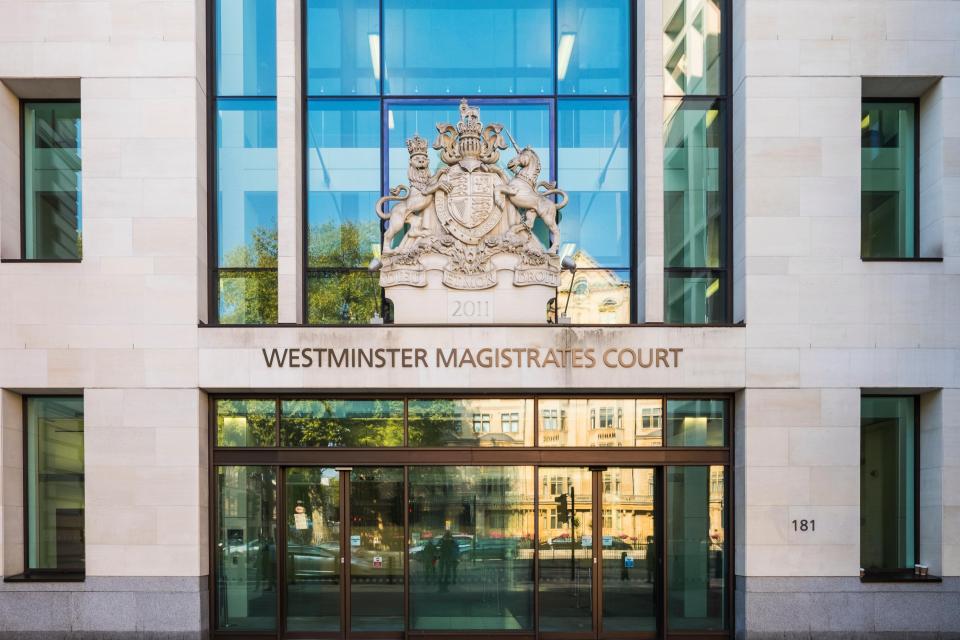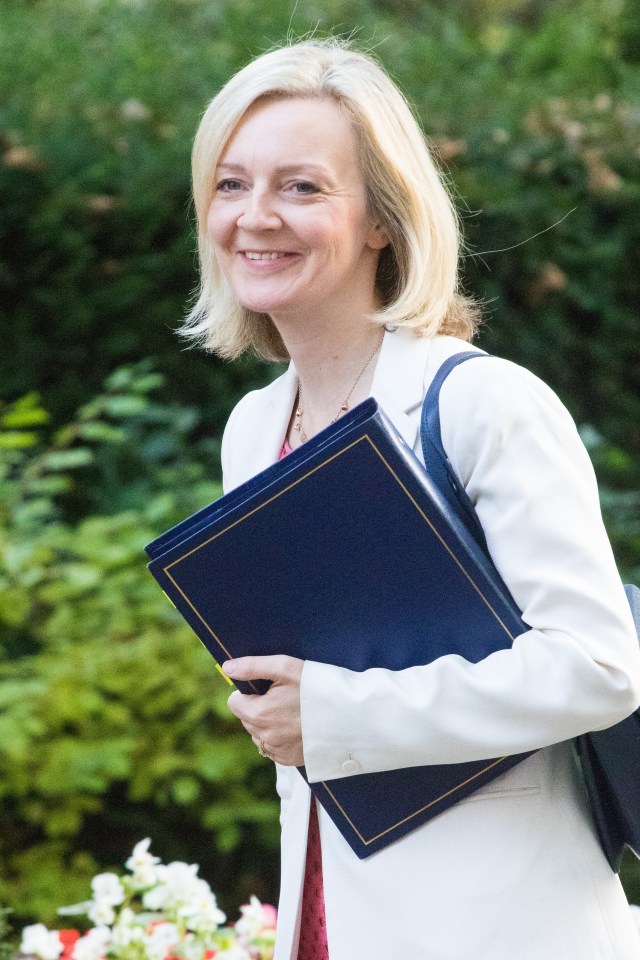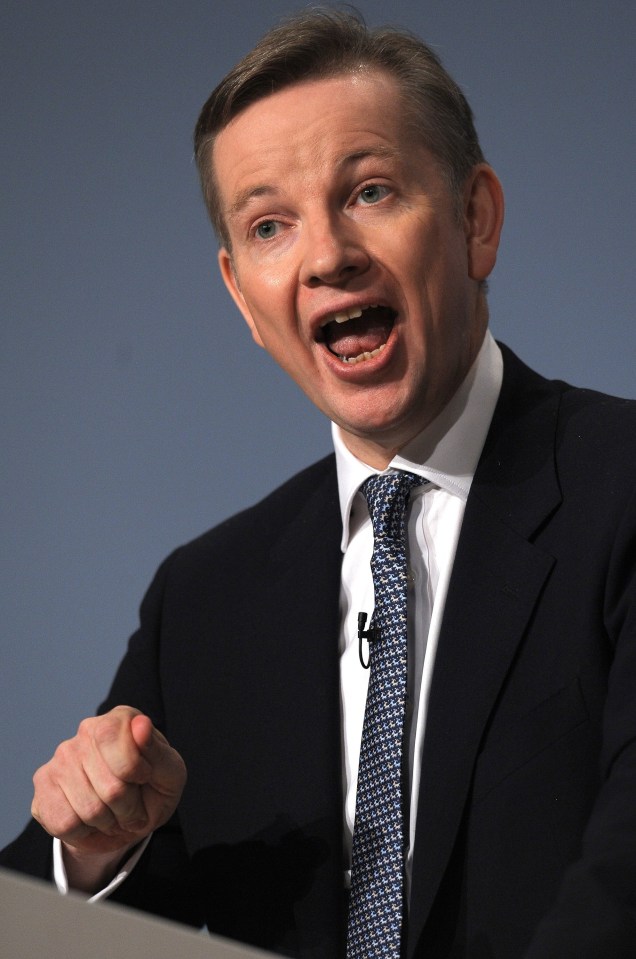Small-time crooks will dodge court as justice to be served online to free up Britain’s blocked up Magistrates
Fare dodgers and Licence fee evaders will avoid courtrooms, instead pleading guilty over the internet under £1billion justice system revamp

TENS OF THOUSANDS of fare dodgers and BBC Licence fee evaders will never see a courtroom under plans for a £1 billion revolution of the justice system.
Justice Secretary Liz Truss will today unveil radical plans to free up space in Britain’s blocked up magistrates courts by resolving far more cases online.
Under ‘iPlea’ proposals released today, so-called minor offenders will have their case handled entirely over the web if they plead guilty.
Defendants would log onto a secure page, see the evidence against them, enter a guilty plea, view the penalty, accept the conviction and pay the fine.
The system will begin with train and tram fare dodgers in 2018, before widening to include everything from speeding fines to TV licence evasion and fly-tipping.
Anyone challenging their charge would still go into the courts in the traditional way.
But insiders believe it could free up a huge amount of time for magistrates.
There were 164,932 people found guilty of dodging the licence fee alone in 2012 – the last year for which any figures are available.
There were 90,000 prosecutions for fare dodging in 2014-2015, but only 7,500 pleaded guilty.
Ms Truss will separately confirm today that Ministers plan allow vulnerable victims and witnesses to record evidence before the trial – to spare them the trauma of reliving their pain in a packed courtroom.
A jury would then view the video of the pre-trial evidence hearing, complete with cross examinations.
The Justice Secretary said: “We want a justice system that works for everyone. That means creating a system that it just, efficient and simple.
“We have the tools and the technology to cut unnecessary paperwork, to deliver swifter justice and to make the experience more straightforward.”
She added: “Most importantly these reforms will allow us to better protect victims and witnesses who can find the experience of re-living a traumatic event in court incredibly stressful.”
related stories
The Ministry of Justice last night said that almost three-quarters of cases in pilot programmes testing the pre-trial evidence sessions involved sexual offences.
Three successful pilots in Liverpool, Leeds and Kingston-upon-Thames had shown that witnesses were better able to recall events.
Mrs Truss believes children in particular will benefit from being able to give evidence in a “less intimidating” environment, a spokeswoman said.
Former Justice Secretary Michael Gove mooted the IT revolution in his first big speech on taking the job last summer. He wanted to allow far more witnesses to give court evidence by Skype.
The plans to go digital went hand in hand with the Tory veterans plans to slash costs by closing 91 ‘surplus’ courts across England and Wales.
The MoJ is investing £700 million to modernise the courts and tribunal system, by installing WiFi and video link systems.
A further £270 million in funding will be in place by 2020.










